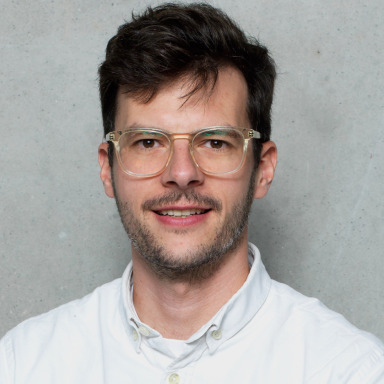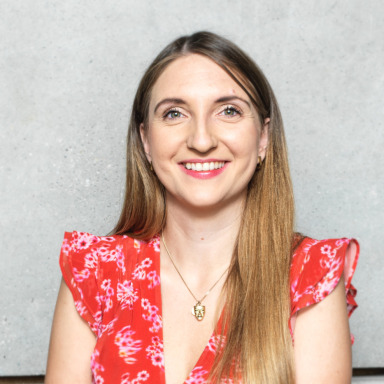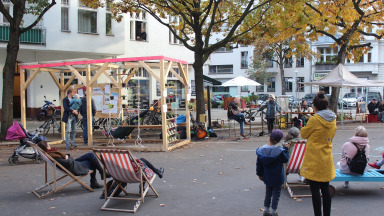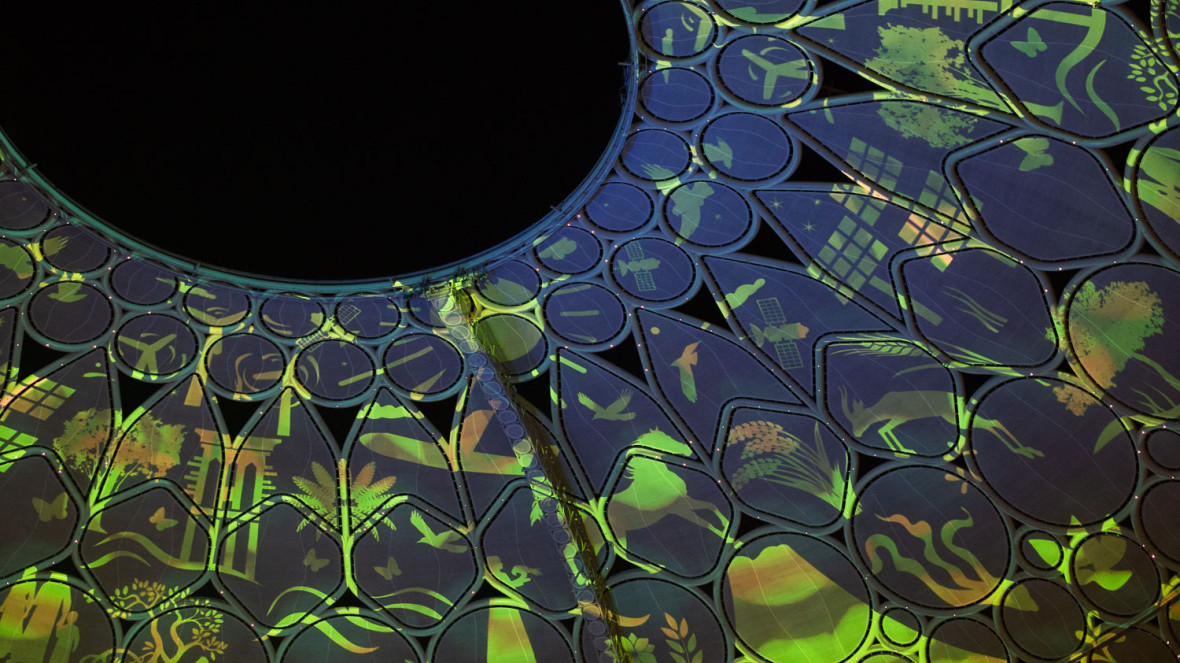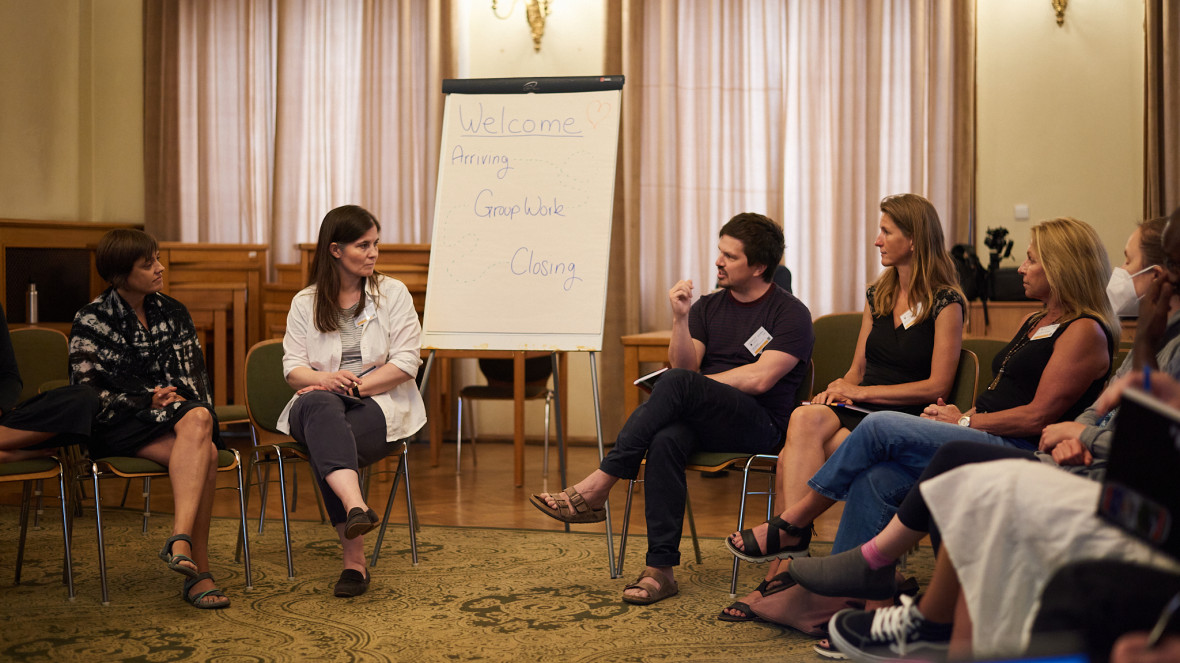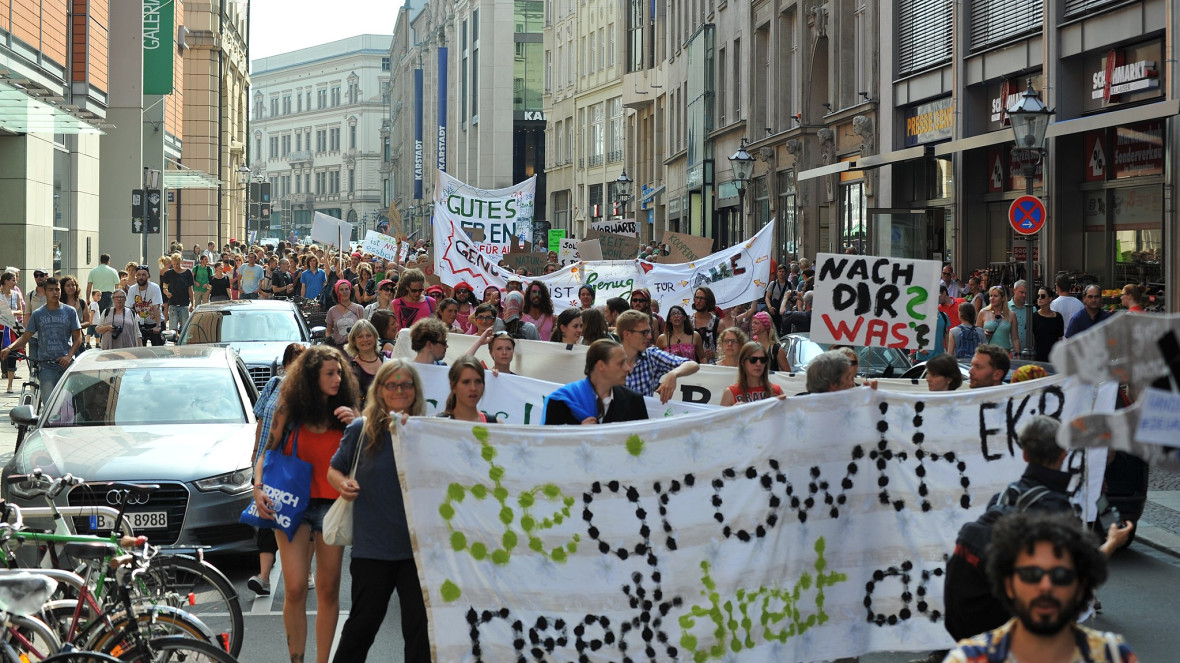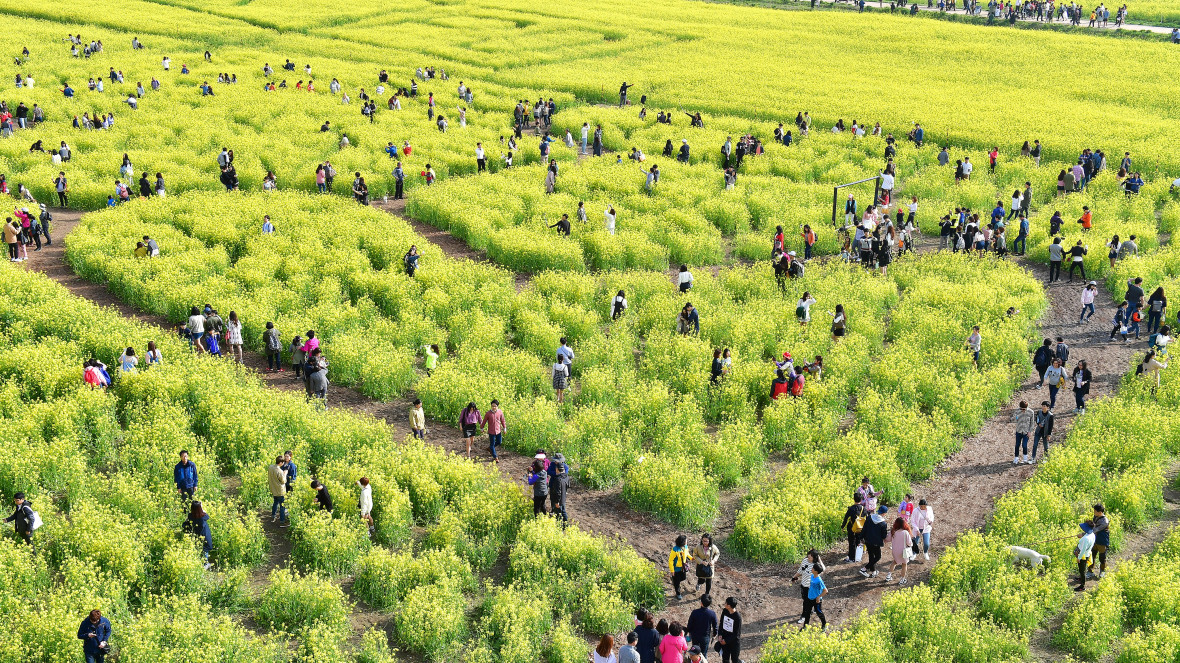Transformative Spaces and Mindsets
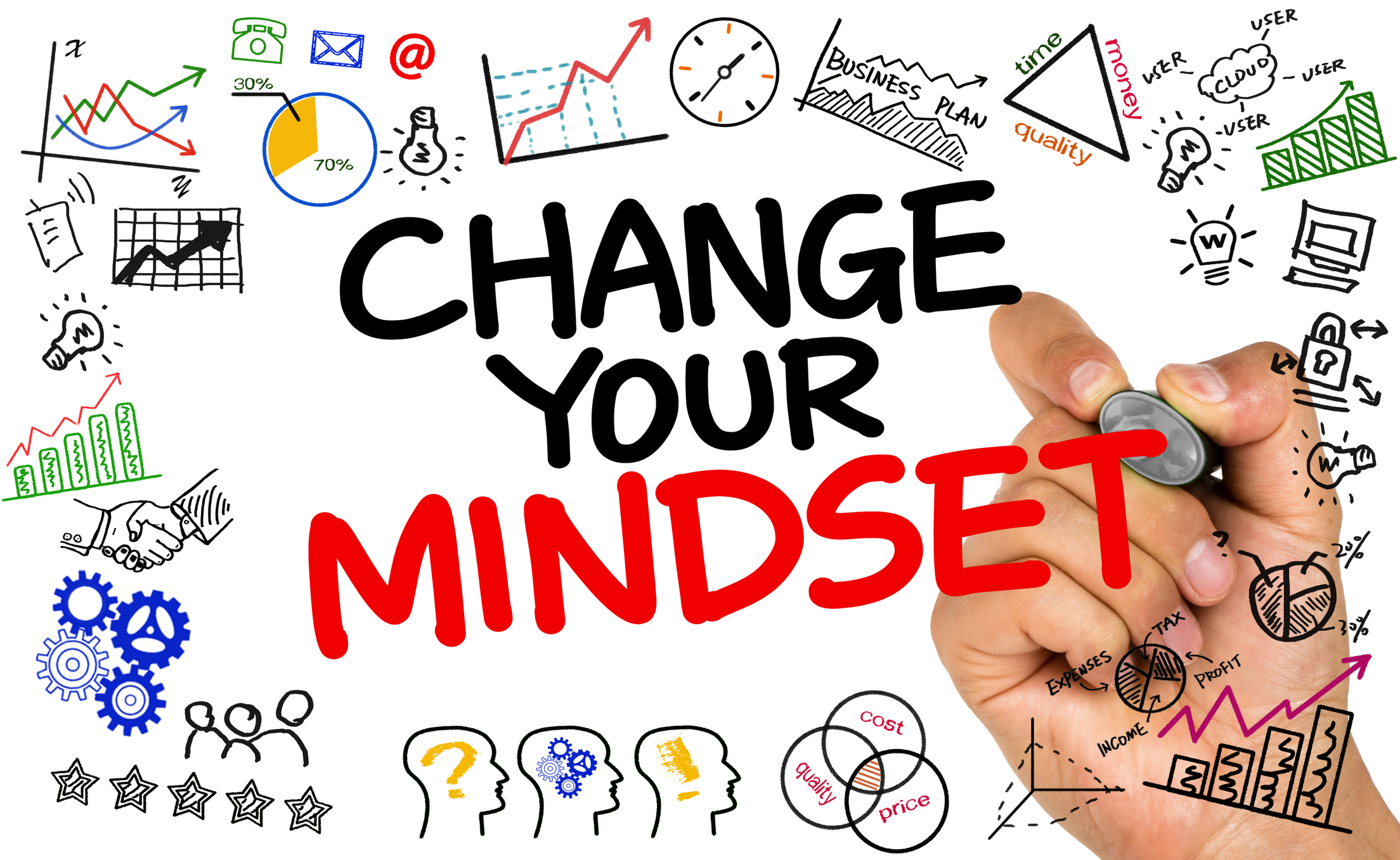
The research group Transformative Spaces and Mindsets (TranS-Mind) designs and researches transformative spaces and communication processes that foster effective collaboration between scientific and non-scientific actors for the common good. Transdisciplinary research processes that address complex problems (so-called "wicked problems") require that participants work together in a way that facilitates the combination and integration of different perspectives and forms of knowledge to generate innovative insights and approaches. It has often been observed that efforts to address wicked problems are not hampered by a lack of relevant knowledge. Rather, the complexity of these problems overwhelms the cognitive and personal capacities of the actors involved. A lack of understanding and trust between actors and knowledge holders, coupled with misperceptions regarding their respective roles, limits the scope for action and causes synergies to remain untapped. As a result, there is a gap between our understanding of sustainability challenges and our responses. Therefore, TranS-Mind pursues a reflexive and relational approach that is grounded in transdisciplinary practice. The group's research explores the role of mindsets as a component of systemic communication processes. The focus lies on examining and integrating aspects that often remain implicit, such as different values and world views, or emotional and cultural influences. What types of spaces enable change and how should such spaces be designed? This research encompasses both social-structural and physical spaces as well as interpersonal and spiritual spaces. ###This work spans three strands of research:###
- Scientific and societal understanding of the role of mindsets in transformation processes
- Designing processes (including so-called transformation laboratories) and coordinating research around these interventions.
- Developing and curating a network of actors (communities of practice)





